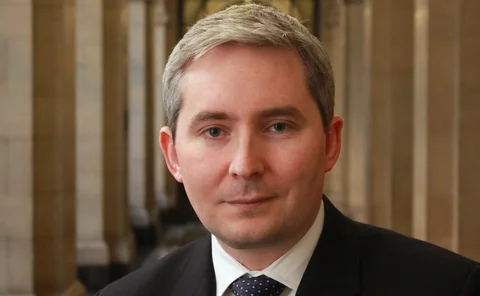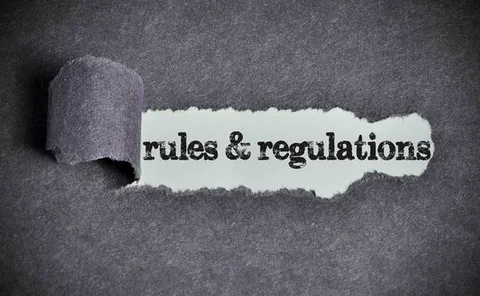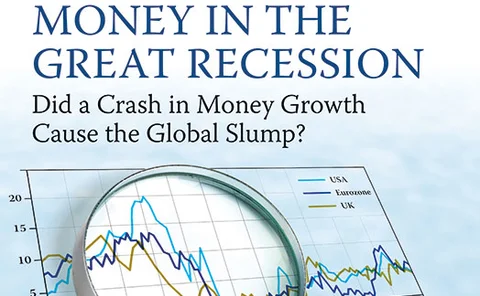Macro-prudential policy
Interest rate risk could be seed of next crisis – economists
Financial markets may have underestimated the persistence of low rates, and regulations have amplified the threat, say Srichander Ramaswamy and Philip Turner
Lower growth follows credit booms with high-yield lending – paper
Lending standards in bond markets track banks’ credit standards
BoE’s Brazier flags concerns about ‘stretched’ credit markets
BoE is simulating ‘liquidity mismatch’ in bond markets to ensure financial stability, says executive director; central bank has a ‘duty’ to adapt regulation
Ireland nominates Lane for ECB vice-presidency
Irish governor has a track record as academic economist and senior ESRB figure
Governor of the year: Lesetja Kganyago
Kganyago has defended and enhanced the Sarb’s reputation as an independent and well-governed institution against all threats – despite a turbulent political and economic backdrop
Central bank of the year: Bank of Canada
The Canadian central bank has stood out for its ever-improving levels of transparency, forward-looking management and best-practice review of its policy mandate
Central Banking Awards: Perng Fai-nan recognised for lifetime achievements
The first four 2018 Central Banking Awards are unveiled – banknote and currency management, consultancy, innovation in reserve management, and lifetime achievement
Higher liquidity levels can reduce banks’ funding costs, research finds
Doubling the liquid asset ratio is found to reduce the costs of insurance against default by 24.4%
Lifetime achievement award: Perng Fai-nan
Pre-emptive financial reforms combined with flexible monetary and forex policies have enabled Taiwan’s veteran governor to provide economic stability, even during turbulent times
Financial regulations have been procyclical historically – research
Regulations tend to weaken during economic booms and strengthen with crisis
Cyclical price analysis needs major improvements – ECB paper
Researchers say DSGE models’ handling of housing prices is subject to errors
Fed could use rates to counter instability – Mester
2015 exercise showed major problems in use of macro-prudential tools, says Cleveland Fed chief
‘Decisive’ action needed to deflate China’s credit boom – IMF paper
Lack of reliance on foreign financing, low government debt, and state control help to mitigate effects of credit boom, but buffers should not be relied upon in the long run
Tanzania revokes licence of five banks
Rising NPLs and insufficient capital ratios in small banks source of concern, IMF says
Book notes: Money in the Great Recession, by Tim Congdon
A stimulating collection of papers on the monetarist theory that had central bankers in late 2008 focused on boosting the quantity of broad money “the Great Recession would not have happened”
Macro-pru tools helped offset taper tantrum – paper
Macro-prudential measures helped reduce the impact on cross-border lending growth, say authors
One big bank falls short of ECB’s capital requirements
One bank falls short and a second comes close, although five banks failed the test in 2016
CNB ramps up financial stability department role
Central bank “elevates” the department in its governance structure to reflect its growing importance; hikes countercyclical buffer amid lending boom
Iran needs financial sector reform – IMF staff
Central bank should have greater independence and supervisory powers, urge IMF staff
Stress tests find vulnerabilities in European pension funds
More than a quarter of institutions could not fulfil their commitments following an adverse scenario
Fed proposes sharing more information about stress tests
Proposal includes insights about how the regulator estimates hypothetical losses
Flexible exchange rates vital to autonomy – Mexican deputy
Flexible exchange rates should not be abandoned in times of stress, says Guzmán, encouraging policymakers to increase the efficiency of frameworks
Implementation of new ECB rules on NPLs may be delayed
Daniele Nouy dismisses criticisms as “myths and misinterpretations”
Large Danish banks fail stress test in 'severe recession' scenario
Central bank warns low rates, higher house prices and stronger growth are building up risk























